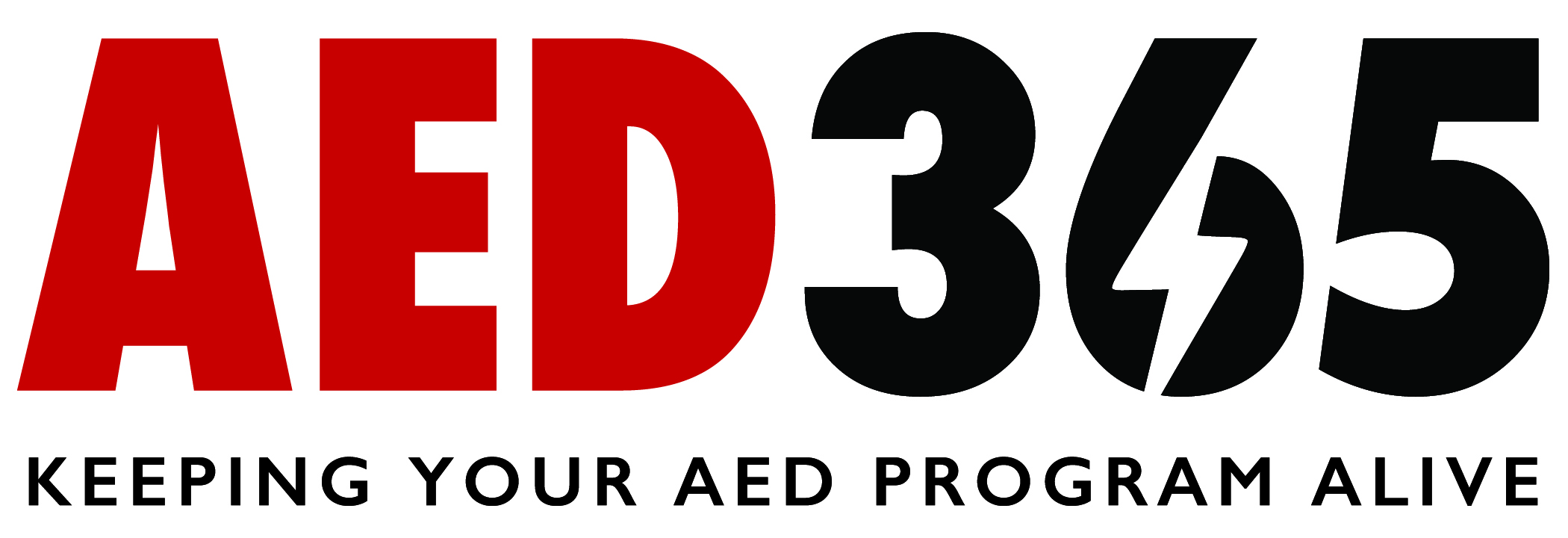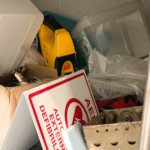
Author: Marcy Burnham, RN – AED365 Leader
In moments of crisis, every second counts. When a sudden cardiac arrest strikes, the difference between life and death often hinges on swift intervention. This is where Public Access Automated External Defibrillators (AEDs) emerge as silent heroes in our communities, ready to jumpstart a heart and save a life. A sudden cardiac arrest (SCA) can happen to anyone, anywhere, regardless of age or fitness level. It’s a frightening reality that strikes without warning, often in public spaces, workplaces, or even at home. In such emergencies, the immediate availability of an AED can make all the difference. These portable devices are designed for ease of use by bystanders or non-medical personnel, enabling them to deliver a life-saving shock to restore the heart’s normal rhythm.
- Accessibility: The placement of AEDs in public spaces is crucial for their effectiveness. By strategically placing AEDs in public areas such as airports, stadiums, schools, and office buildings, communities significantly increase the chances of survival in the event of a SCA. Time is of the essence, and the accessibility of AEDs can bridge the gap between the onset of cardiac arrest and the arrival of professional medical assistance.
- Education: The effectiveness of AEDs doesn’t solely depend on their presence; it also relies on public awareness and education. Training programs aimed at teaching basic CPR (Cardiopulmonary Resuscitation) and AED operation are invaluable. When individuals are equipped with the knowledge and confidence to act in an emergency, lives are saved.
- Innovation: As technology advances, so does the potential of AEDs to save lives. Innovations such as smartphone apps that locate nearby AEDs, coupled with real-time cardiac monitoring systems, enhance the efficiency of emergency response.
In the journey to save lives, accessibility, education, and innovation are our greatest allies. Together, let’s continue to champion the widespread adoption of Public Access AEDs, ensuring that no matter where or when a cardiac emergency strikes, someone is always ready to make a difference.
Office: (205) 417-4711
Email: [email protected]





